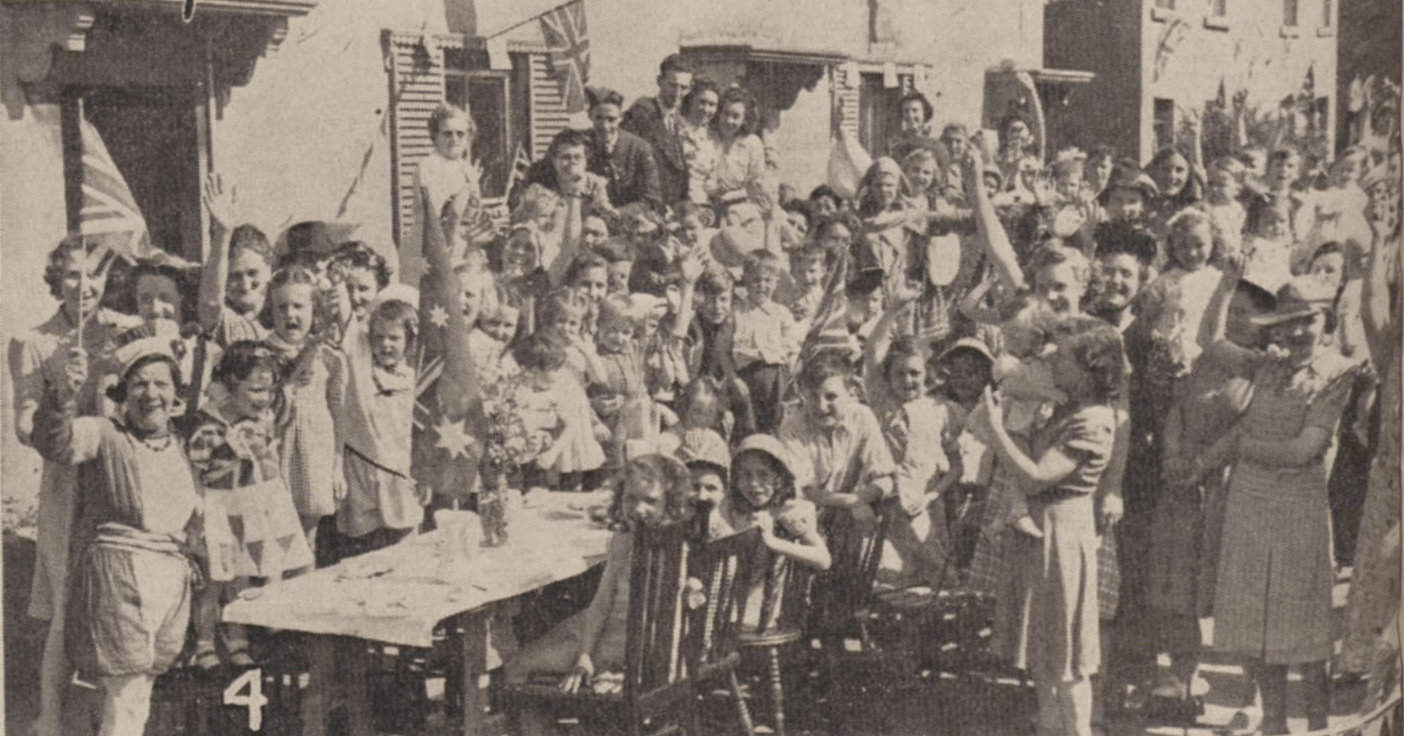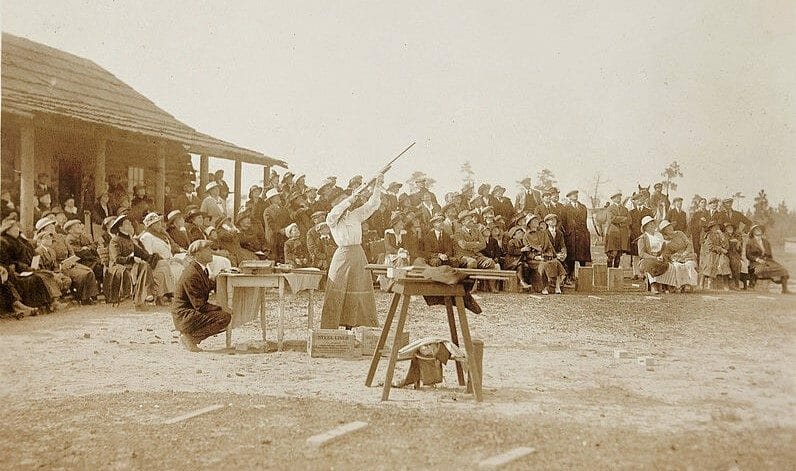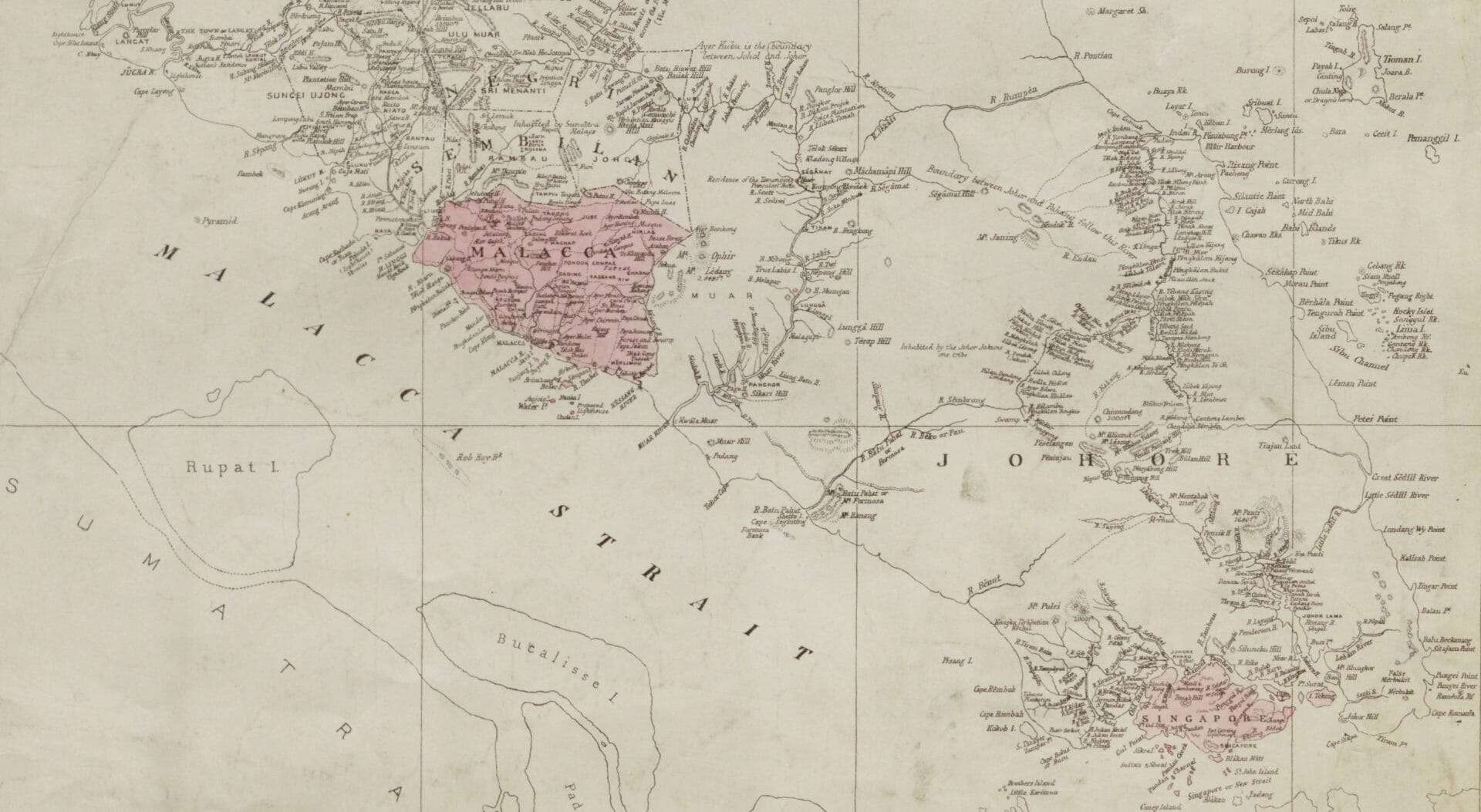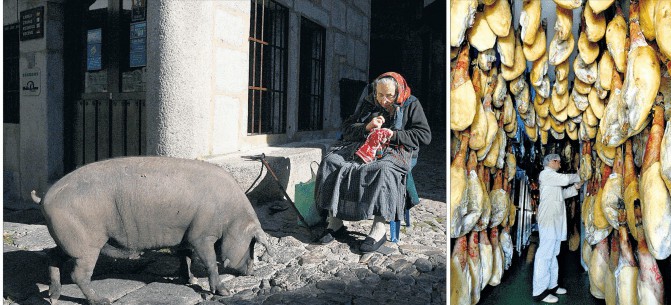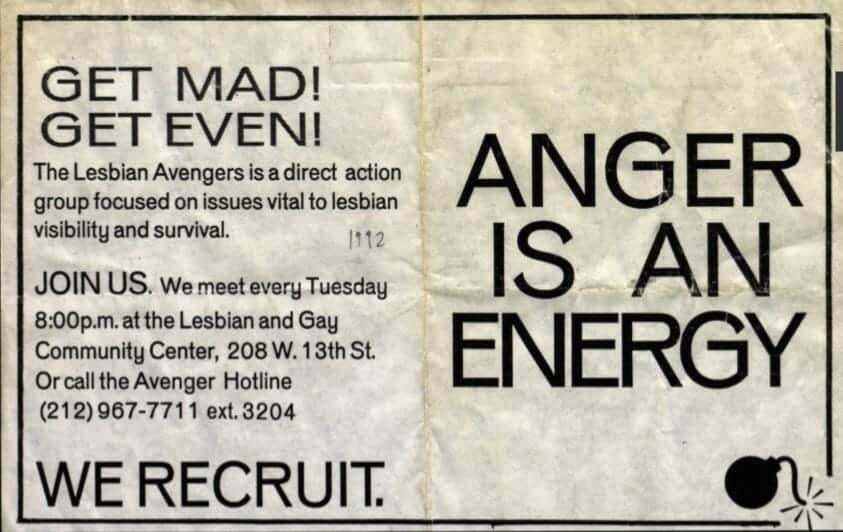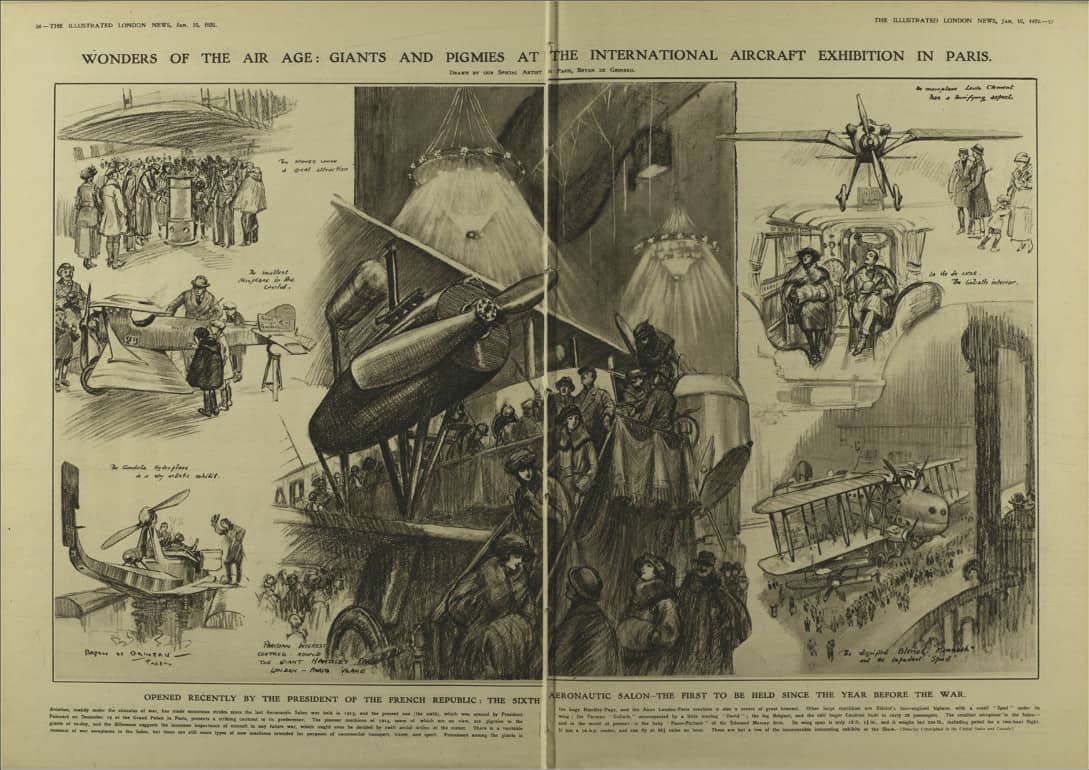│By Megan Bowler, Gale Ambassador at the University of Liverpool│
With Remembrance Day events looking a little different in the UK this year, you may recall that we also celebrated the 75th anniversary of VE Day under lockdown. Due to coronavirus restrictions, many of the big celebrations that were planned were postponed. While we wait for large public gatherings and events to become possible once more, I took the opportunity to use archival sources to look back to the first VE Day celebrations, and, using recent news stories from Gale OneFile: News, compare the events of 2020 with those of 1945. Providing access to articles written up to the present day from over 2,300 major world newspapers, Gale OneFile: News will be extremely useful for a study of this kind, whilst Gale Primary Sources offers perspectives from both national and regional newspaper archives.

